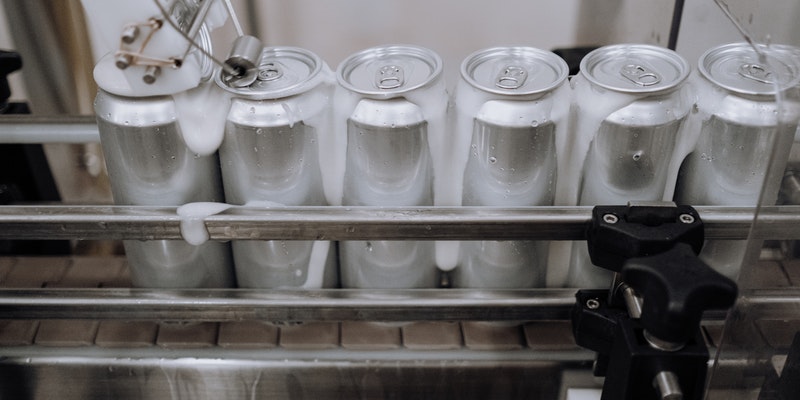The business world is going through a rapid transformation today. Technology has reached new heights and helps businesses save time and cut down on their costs, especially with the help of automation tools. Automation allows firms to focus on their core competencies and save time and money. Below are five industries that have benefited from automation.
Manufacturing
It’s no secret that manufacturing processes have been automated for decades now. If a company is manufacturing something on a mass scale, there’s a good chance they’ve automated part of their process.
Robots can handle many tasks previously done by humans, from welding parts together on an assembly line to finished packaging products for shipment. Without making mistakes, these robots can work faster and more efficiently than humans could ever hope to achieve.
This could mean using robots for assembly or applying an automated process to some other aspect of production. Many manufacturers are using well-equipped machines with the latest CNC Swiss Lathes, which can do more than one job at once.
Health care
Medical robotics and automated machines rapidly transform how hospitals and other healthcare providers work, streamlining routine tasks and reducing the physical demands placed on human workers.
They also help hospitals reduce costs and improve processes by reducing the need for staff to perform routine tasks. Health care organizations are already exploring how robots can streamline routine tasks and improve the patient experience.
Healthcare is not the only industry that benefits from machine automation. Machines and software can help support employees by automating previously too tedious or repetitive tasks. According to the Daily Mail, AI and smart beds can help with the early detection of cardiovascular conditions, resulting in more treatable episodes.
Agriculture
Today, agriculture is one of the industries that has seen the most dramatic changes thanks to automation. With the global population rising, the demand for food is more significant than ever before.
Farmers are under pressure to meet this demand, so they turn to more automated production methods to boost their yields. Today, farmers can buy GPS-enabled self-steering tractors and drones to monitor crop conditions.
In addition to self-steering tractors, agricultural robots are also used in picking and harvesting crops. These robots can also cut down on crop waste by being extremely accurate.
While farmers are primarily concerned about the cost of machine automation, it has multiple benefits. The use of robots can detect unplanned conditions, such as weeds and diseases, and trends and soil conditions.
Machines can work long hours without experiencing adverse weather conditions and even detect sick plants. As a result, farm robots can save time and money on human labor. Further, automation can reduce injuries and costs associated with agricultural labor.
Beverage
Machine automation has several benefits for the beverage industry and supply chain. It can improve efficiency, maximize ingredient usage, and improve food safety. Consumers expect consistent results, so beverage businesses should focus on improving consistency.
With automation, human error is eliminated, reducing the risk of product recalls and enhancing consistency and quality. Additionally, it frees up employees to focus on higher-value business tasks. And with the increase in automated manufacturing systems, beverage companies are saving money and time.
Retail
Automated robots can help retail businesses in several ways. In addition to improving shop floor space, they can help retailers find misplaced inventory and guide customers within the store. This service requires relatively little skill and agility on the part of the robot.
While it is too early to say whether robots will replace humans in retail, this application seems like a good fit for the near future. In retail, artificial intelligence has revolutionized the industry.
Chatbots, powered by AI, let merchants interact with consumers and process hundreds of consumer queries at once. Robots and self-driving shelf scanners help shops answer basic questions about products, help manage inventory, and reduce labor costs.
What the Future Holds
Whether it’s the ore mining and transportation industry, which uses automated machines for drilling, loading, or shipping, or the waste management industries that use automated systems for sorting and processing garbage, automation has made a difference in many aspects of our lives. As technology continues to improve, more and more industries will begin to take advantage of the benefits of machine automation.


